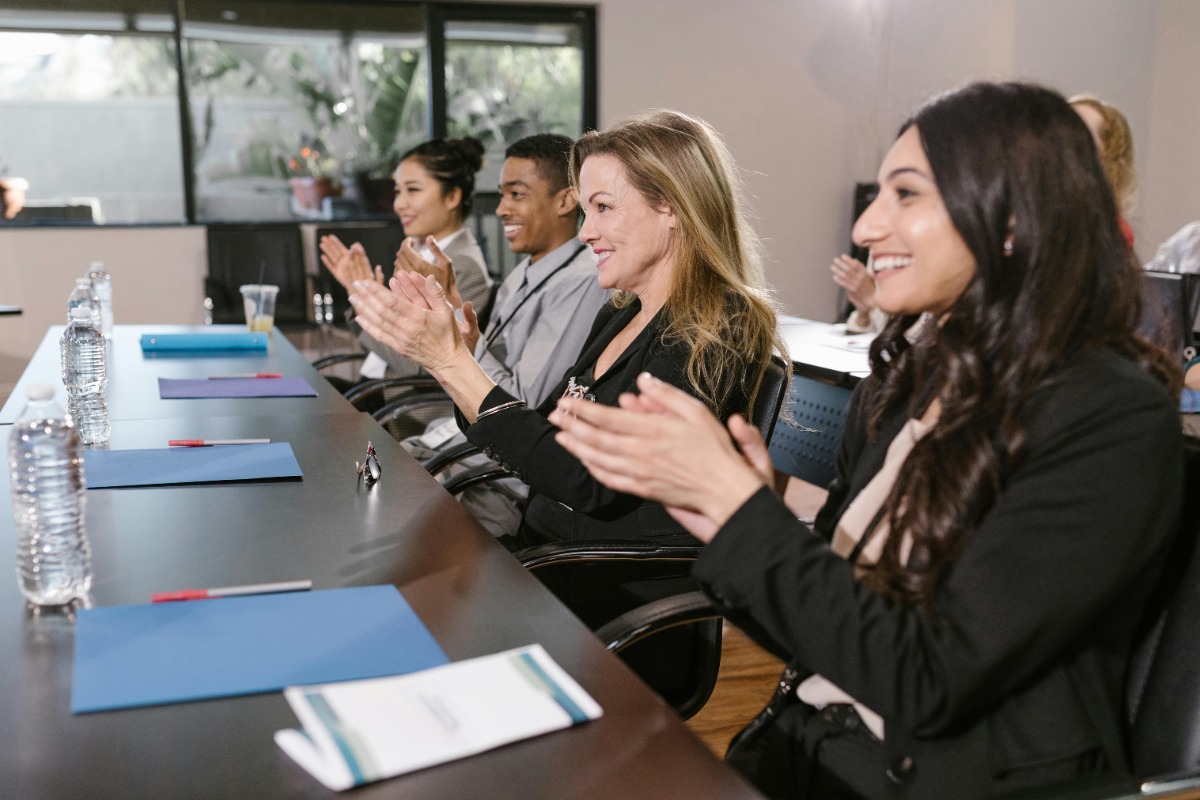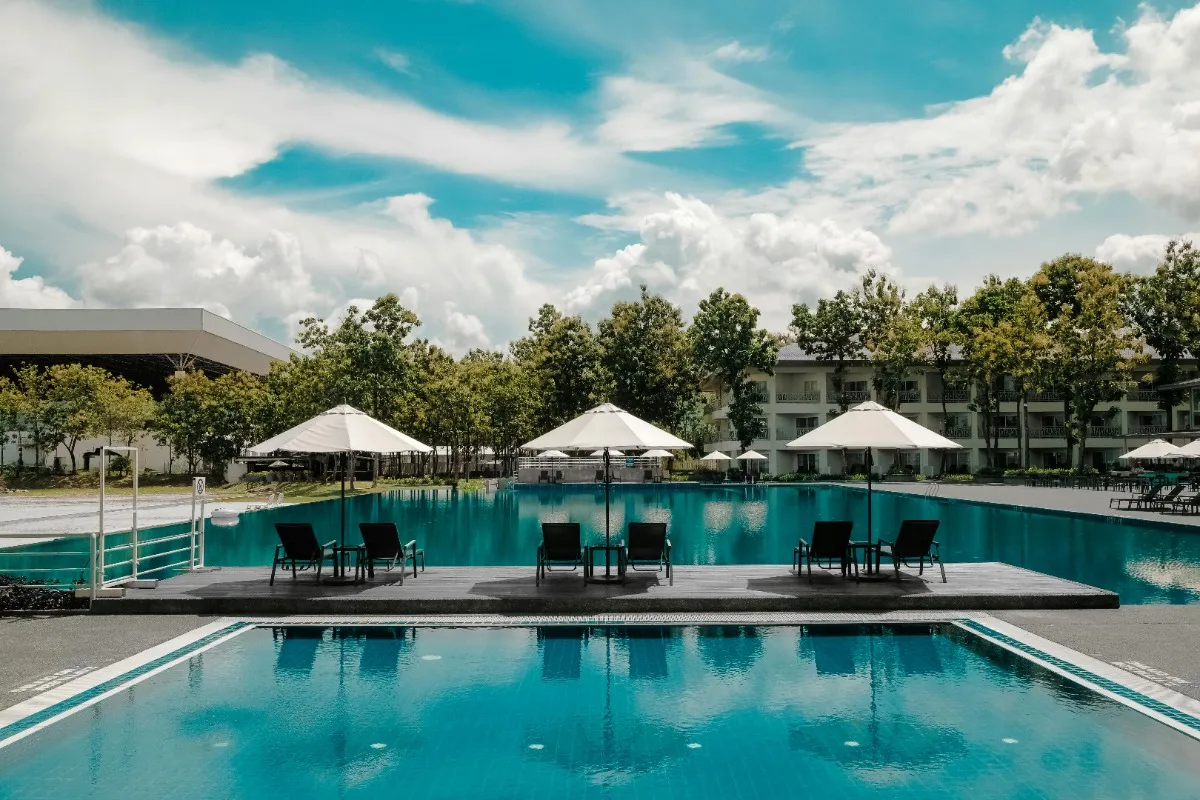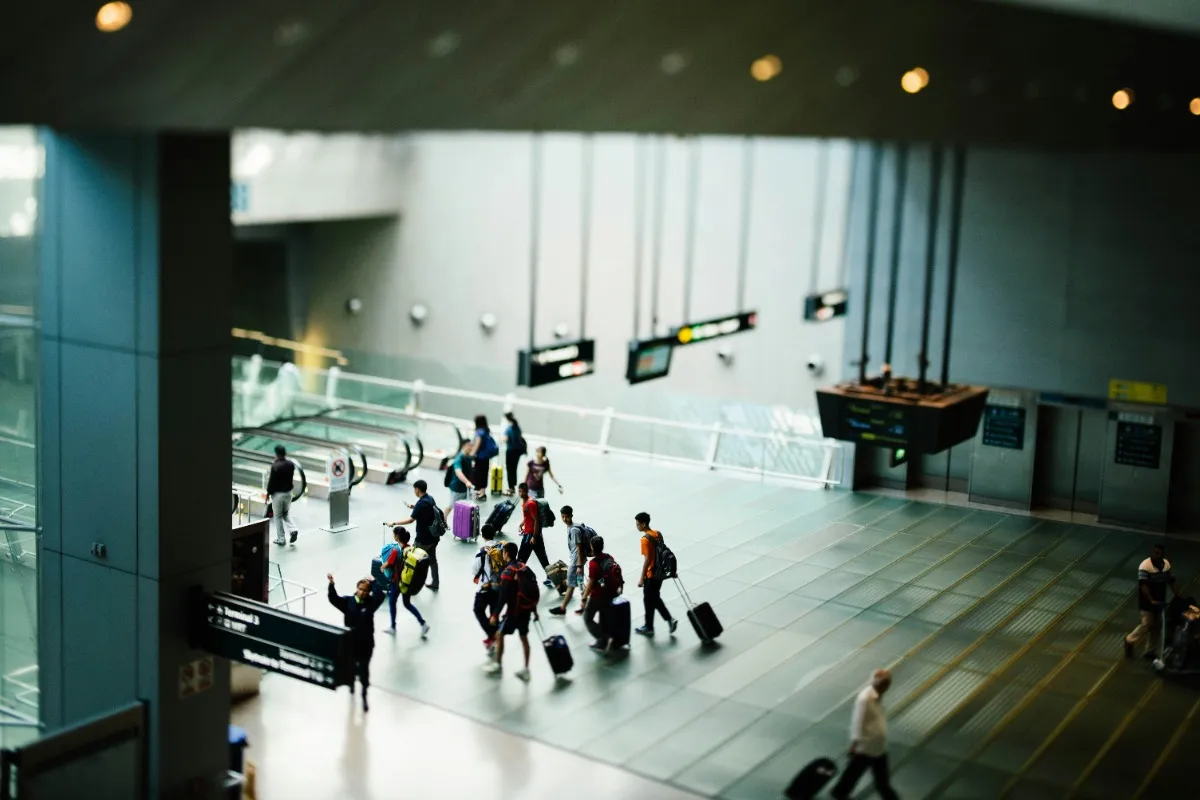From Vendor to Partner: One Company's Guide to Working With Saudi Tourism
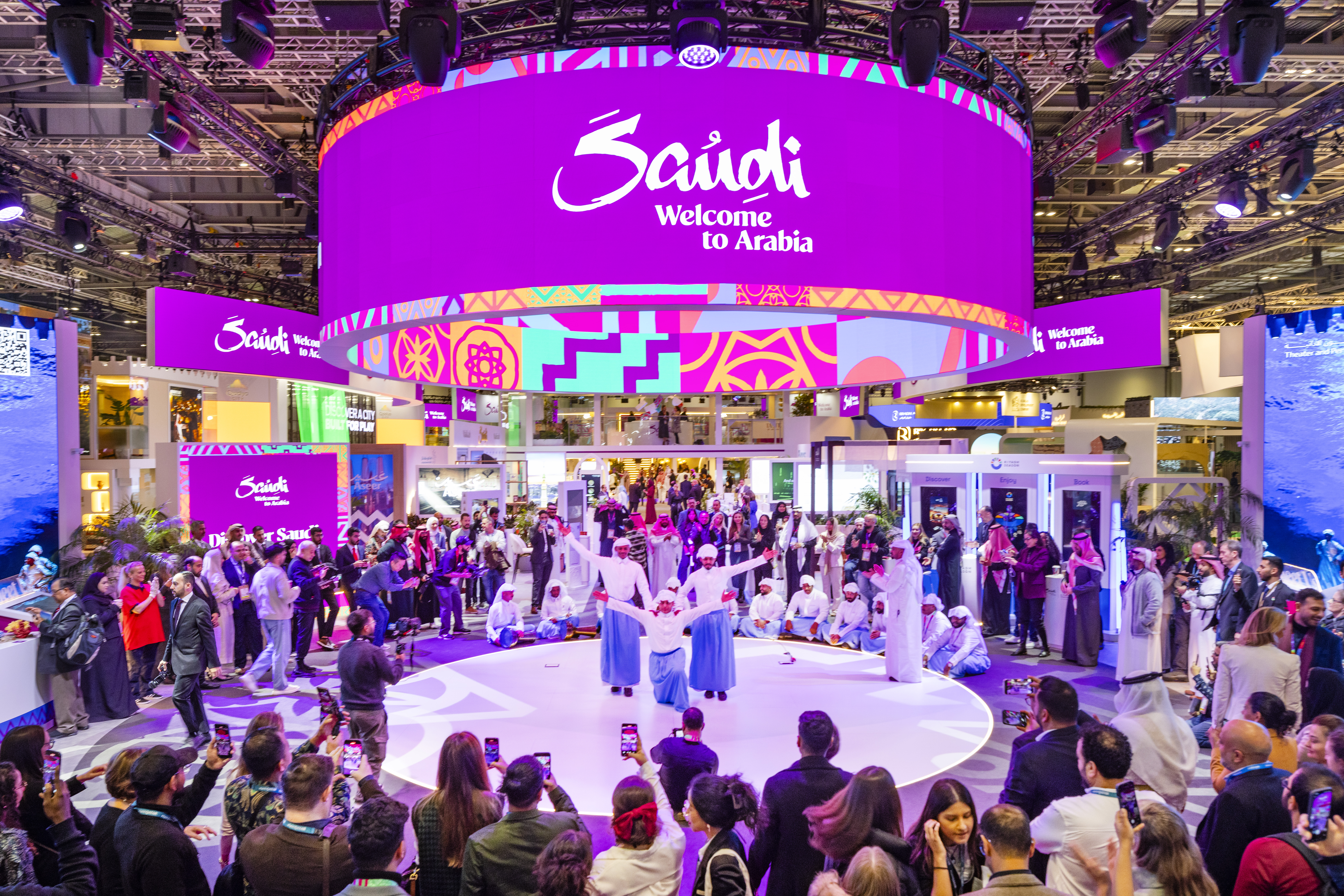
Skift Take
"We should not come here to take the money and run; we should be here to invest," said Richard Attias, creator of the Future Investment Initiative (dubbed the Davos in the Desert), at December's International MICE Summit in Riyadh. His message comes as the Kingdom of Saudi Arabia aggressively courts global events companies.
Saudi law requires that a foreign company have a Saudi partner with a stake of at least 25%. So, for companies eyeing Saudi Arabia's rapidly expanding events market, creating solid business partnerships with local companies is necessary.
At December's International MICE Summit, Lord Stephen Carter, CEO of Informa, revealed that more than half of the company’s revenue comes from partnerships. This was just before he, as the leader of the largest event organizer in the world, launched the Middle East edition of its flagship fintech event, Money20/20, opening in Riyadh, Saudi Arabia, this September. This is the latest event launched through Tahaluf, its strategic alliance with the Saudi Arabian Federation for Cyber Security and Programming.
The scale of opportunity is massive. At the summit alone, 12 new events were announced, and three major global organizers committed to opening offices in the kingdom. But technical expertise and international experience aren't enough. Success also requires the ability to build and maintain deep partnerships.
From Vendor to Strategic Partner
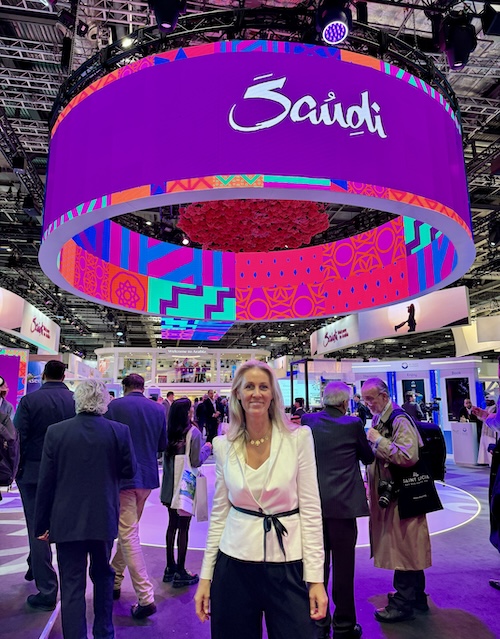
According to Dorothee Anjos, Multilem's General Manager Middle East, understanding partnership expectations is also vital. The company has worked with the Saudi Tourism Authority (STA) since the nation opened its doors to tourism in 2019.
The evolution of Multilem's relationship with STA illustrates the depth of partnership Saudi Arabia expects. "The CEO always tells us it's so nice to see that we're growing together," says Anjos. "This symbolizes that we are partners and not just a vendor."
This partnership mindset manifests in both grand gestures and subtle expectations. At November's World Travel Market (WTM) in London, Multilem delivered STA's ambitious vision for the show's largest booth, a massive 23,465-square-foot destination showcase.
The company also built and managed booths for three other Saudi destinations exhibiting at WTM: AlUla, Diriyah, and Soudah.
"You really need to understand their culture and read between the lines," Anjos explains. What Western companies might consider above-and-beyond service is simply the baseline in Saudi Arabia:
- 24/7 availability
- Management of the booth
- Traditional hospitality (e.g., serving Saudi coffee and dates)
Managing these expectations has helped Multilem expand beyond its origins as a Portuguese booth constructor. Today, the company operates eight global offices, with its Dubai operation handling over 50% of the business, a transformation driven in part by its Saudi partnerships.
Recently, STA worked with Multilem to produce major consumer tourism activations in China and India – the world's two largest consumer markets. The stakes were particularly high in China, where the eight-day Lai Ba Saudi Travel Festival took over Beijing's prestigious Tiantan Garden. It was the only second event ever permitted in this historic venue.
The Future of Saudi Partnerships
As Saudi Arabia pursues its ambitious Vision 2030 plan — which includes mega-projects like NEOM and The Red Sea — the partnership model will only grow in importance. The kingdom's target of 70 million international tourism arrivals by 2030 partly drives its push for global leadership in business events.
For Western companies, success requires more than delivering services or meeting contractual obligations. It demands cultural fluency, adaptability, and a long-term commitment to the market, including reinvesting profits locally.
Attias emphasized at the MICE Summit that companies must "reinvest our profit and create the ecosystem."


